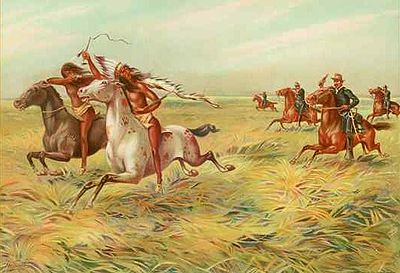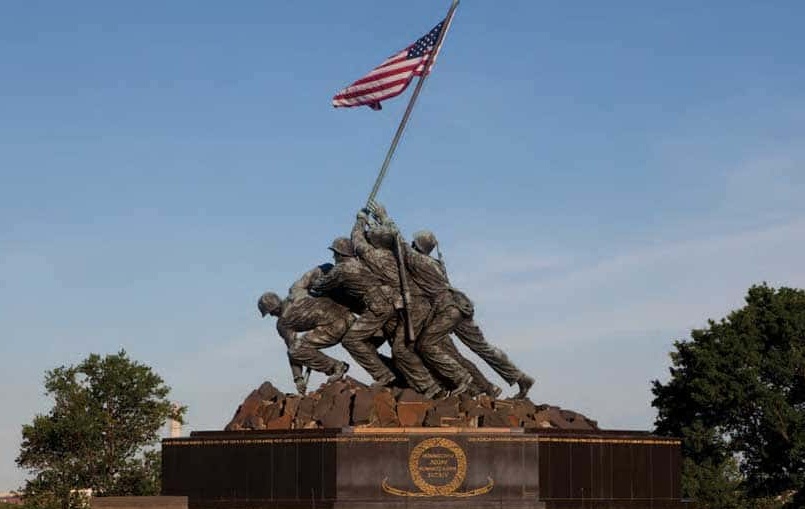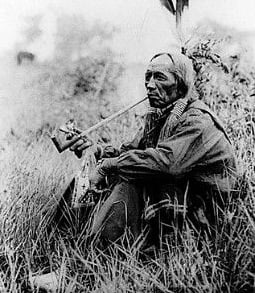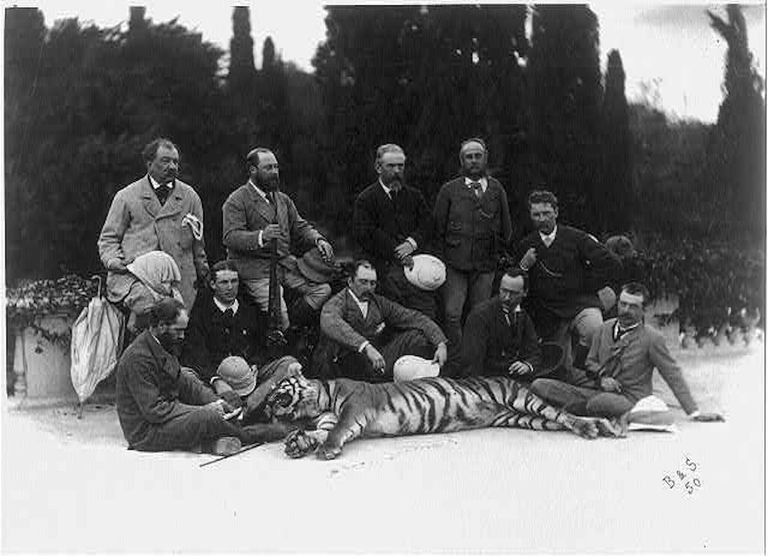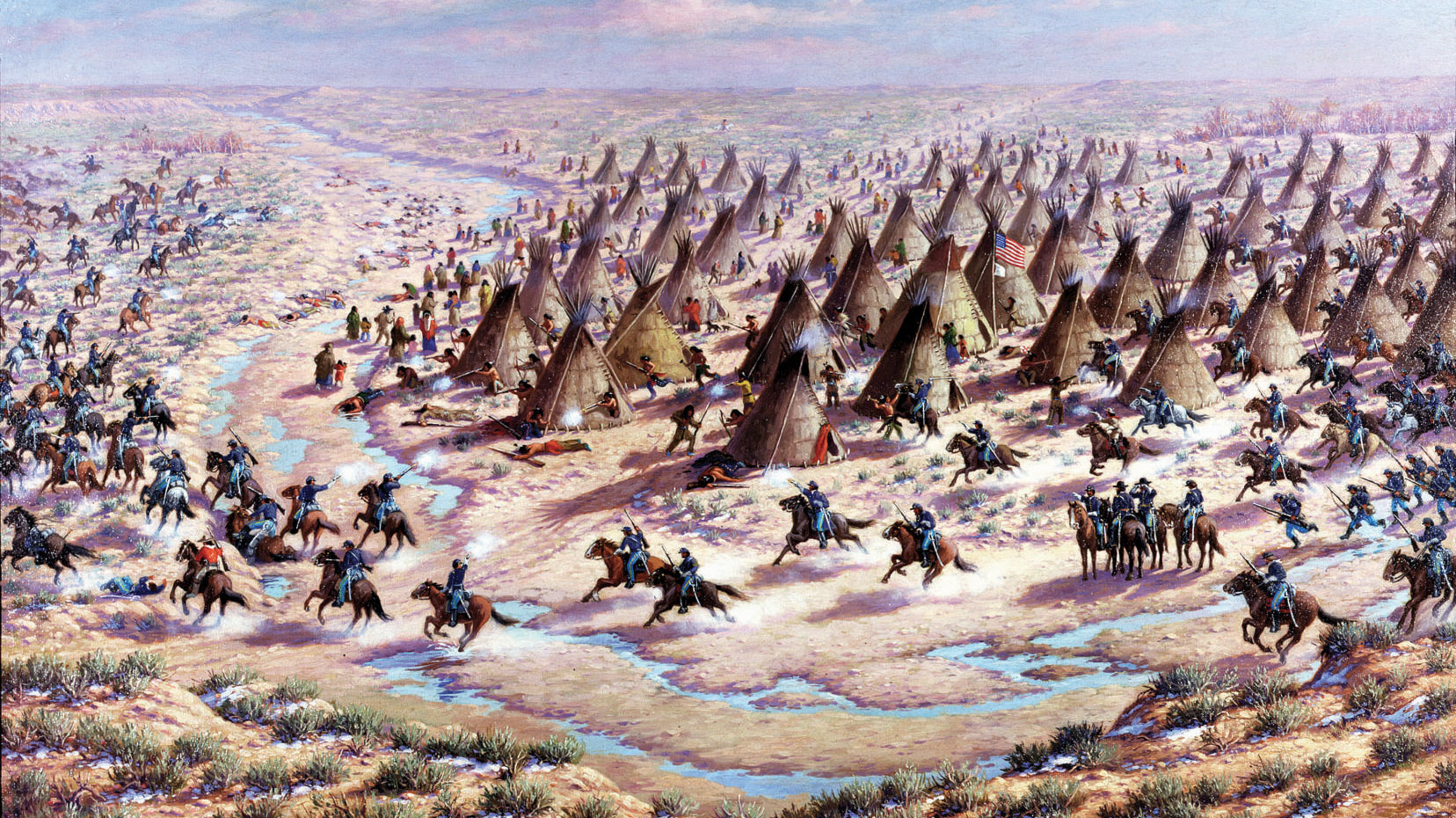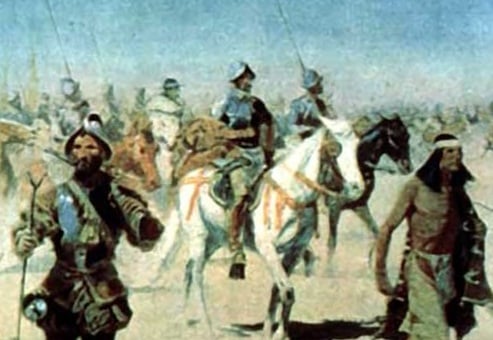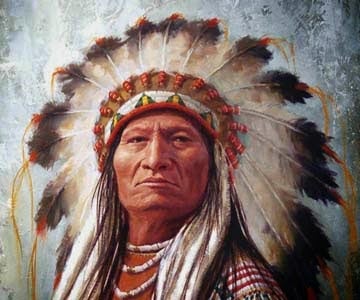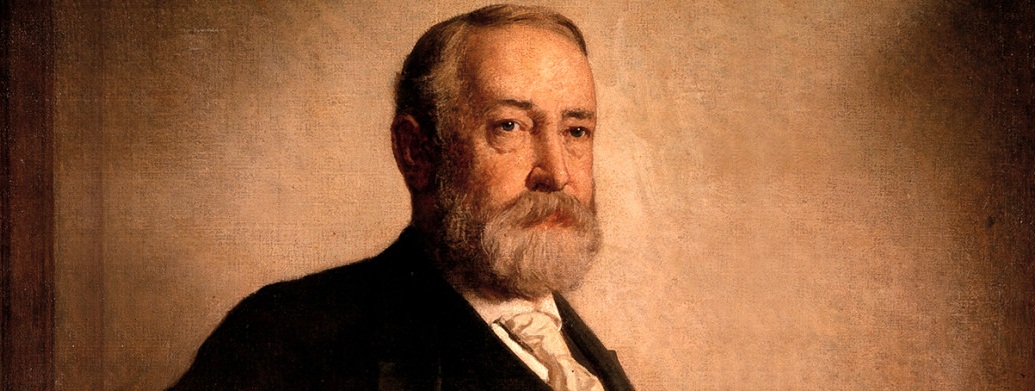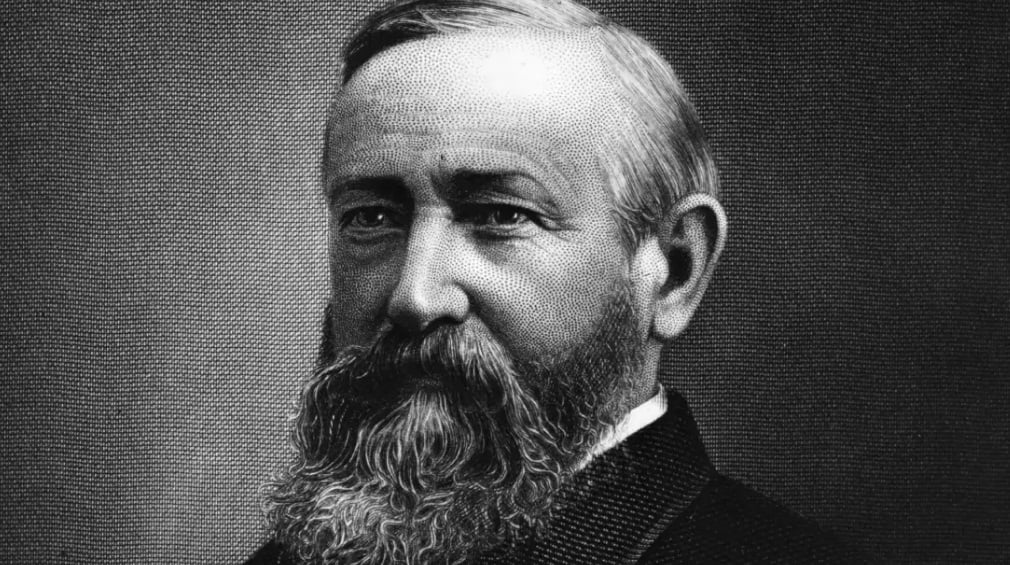1614
During the 17th century, four European countries—France, England, Netherlands, and Spain–established permanent colonies in the Americas. As these colonies expanded, the conflicts with the Native Americans over land increased in frequency and intensity. While the American Indian nations had superior numbers, the Europeans had a technological advantage. The Europeans were driven to conquer the “wilderness” … Continued
